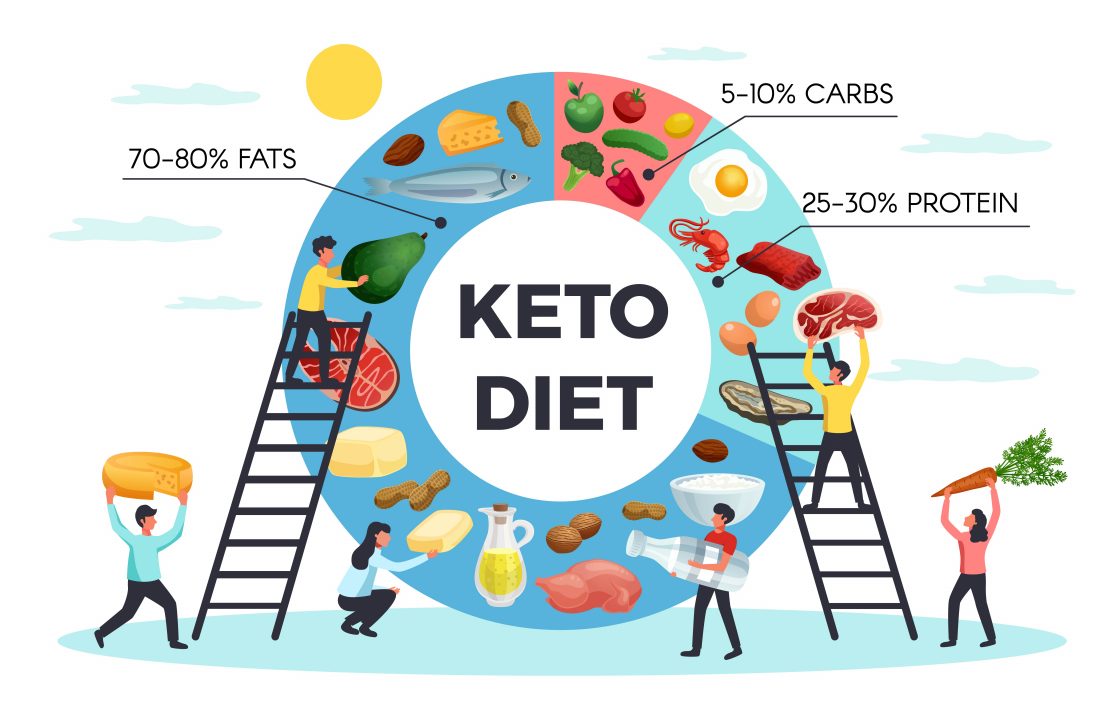
Vitamin C: Everything You Need to Know
Do you reach for an orange, a glass of orange juice, or a vitamin C tablet at the first sign of a cold? If so, you aren’t alone. It’s an impulse nudged by Vitamin C and the Common Cold, written in 1970 by Linus Pauling, a double Nobel laureate and self-proclaimed champion of vitamin C. Pauling fervently believed that megadoses of vitamin C—between 1,000 and 2,000 milligrams a day (the amount in twelve to twenty-four oranges!) could prevent and abort colds . . . and could do the same for cancer.
There’s no question that vitamin C plays a role in fighting infection. It helps make collagen, a substance you need for healthy bones, ligaments, teeth, gums, and blood vessels. It helps make several hormones and chemical messengers used in the brain and nerves. It is also a potent antioxidant that can neutralize the tissue-damaging free radicals that assail the body.
We’ve known for almost two hundred years that citrus fruits prevent scurvy, a once-feared disease that killed an estimated 2 million sailors between 1500 and 1800. It wasn’t until 1932, though, that vitamin C was discovered and found to be the active agent in citrus fruits responsible for fighting scurvy.
The evidence is thin, and most studies don’t support that. It’s possible that some extra vitamin C might help prevent cataract formation, but here again, more research is needed.
Prevent cancer and heart disease?
Can high doses of vitamin C fight other diseases?
Not the common cold: study after study has failed to prove Pauling’s proposition.
There’s a smattering of evidence that a little extra vitamin C, about the amount found in a typical multivitamin, at the very beginning of a cold might relieve some symptoms, but there’s no support for megadoses.
Recommended intake:
Recommended intake: The current recommended dietary allowance for vitamin C is 75 milligrams a day for women and 90 milligrams a day for men, with an extra 35 milligrams a day for smokers. As the evidence continues to unfold, I suggest getting 200 to 300 milligrams of vitamin C a day. This is easy to do with a good diet and a standard multivitamin pill.

Good food sources
Good food sources of vitamin C are citrus fruits and juices, berries, green and red peppers, tomatoes, broccoli, and spinach. Many breakfast cereals are also fortified with vitamin C.




